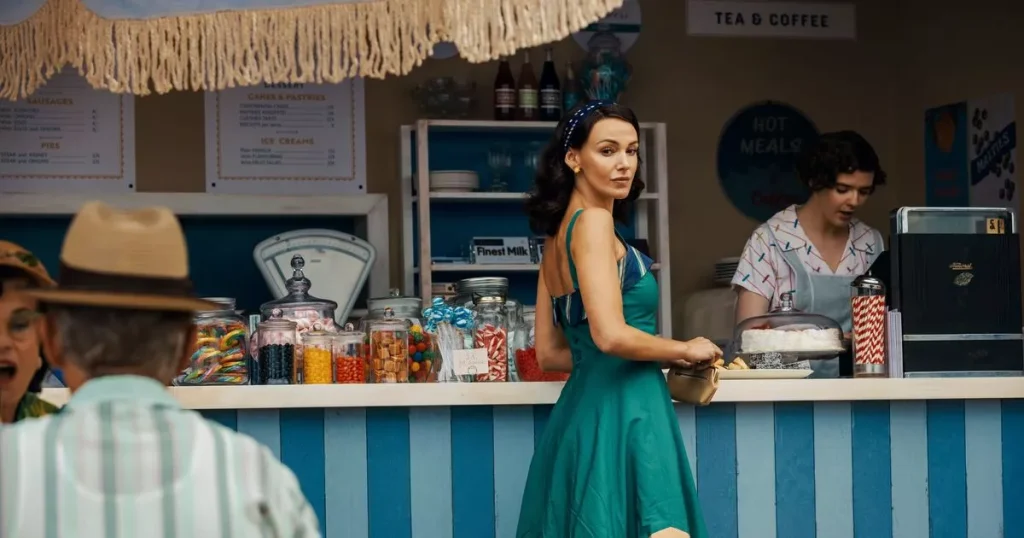Get the latest OK! breaking news on WhatsAppOur community members are treated to special offers, promotions and adverts from us and our partners. You can check out at any time. More infoJoin us on WhatsApp BBC’s Ten Pound Poms brings to life the tale of Brits who swapped post-war Britain for sunnier climes down under. The BBC show zeroes in on a group of Brits, but in reality, nearly a million made the leap to Australia as part of this historic scheme. As the second series airs this month, Michelle Keegan, Warren Brown and Faye Marsay will reprise their roles in the six-part drama. But what’s the true story behind these so-called Ten Pound Poms and what was this emigration scheme all about? The term ‘Ten Pound Poms’ was coined for British citizens who migrated to Australia or New Zealand just after World War II. Kicked off by the Australian Government in 1945 with New Zealand following two years later.
Ten Pound Poms – BBC series inspired by the real story of British migration
Read More
Related Articles
BBC bosses ‘furious’ with Laura Whitmore as she withdraws from major show last minute
Read More
Related Articles
Channel 4 scrap show as comedian admits ‘everything went wrong’ in pilot
The Assisted Passage Migration Scheme was part of Australia’s “Populate or Perish” policy, aimed at boosting the population and fuelling the industry with fresh workers, reports Birmingham Live. The scheme was a magnet for over a million migrants from the British Isles from 1945 to 1972, hitting its peak in 1969 with more than 80,000 participants.
Ron Cooke, his wife and 10 children about to board the liner in Southampton – he answered an advert by the Australian Government for oversized families wishing to emigrate
(Image: Mirrorpix)
Named for the nominal fee of £10, which covered migration processing fees (kids under 19 travelled free), that price is roughly equivalent to £350 today. The price tag went up to £75 in 1973, and by 1982, the scheme had run its course. The £10 deal offered a six-week assisted journey on chartered vessels and planes, luring Brits with the promise of ample job opportunities, affordable living, sunny weather, and a brighter life in Australia. However, upon landing, migrants were housed in basic hostels and the promised jobs weren’t always at hand. The scheme saw nearly a million Brits making the move Down Under and was later extended to residents of British colonies like Malta and Cyprus.
Over a million Brits took advantage of the scheme
(Image: Press Association)
Migrants were expected to stay in Australia for two years or repay the cost of their subsidised travel. The price tag for a return trip was a hefty £120, equivalent to around £4,200 today, a sum most couldn’t afford. It’s estimated that a quarter of these British migrants made their way back to the UK within the first two years. Interestingly, half of these returnees, dubbed “Boomerang Poms”, eventually found themselves heading back to Australia. Ten Pound Poms is available to watch on BBC iPlayer.













